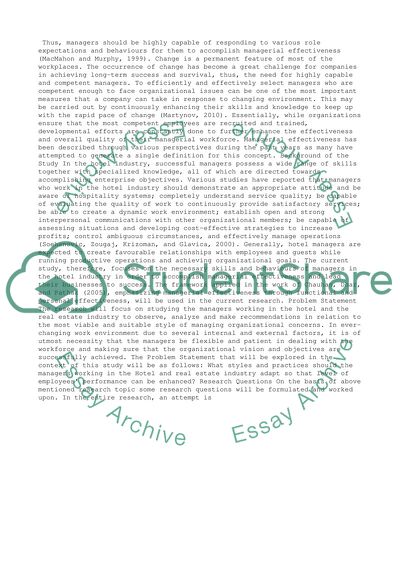Cite this document
(“Managerial Effectiveness and its impact on organization Dissertation”, n.d.)
Retrieved from https://studentshare.org/management/1396532-managerial-effectiveness-and-its-impact-on-organization
Retrieved from https://studentshare.org/management/1396532-managerial-effectiveness-and-its-impact-on-organization
(Managerial Effectiveness and Its Impact on Organization Dissertation)
https://studentshare.org/management/1396532-managerial-effectiveness-and-its-impact-on-organization.
https://studentshare.org/management/1396532-managerial-effectiveness-and-its-impact-on-organization.
“Managerial Effectiveness and Its Impact on Organization Dissertation”, n.d. https://studentshare.org/management/1396532-managerial-effectiveness-and-its-impact-on-organization.


